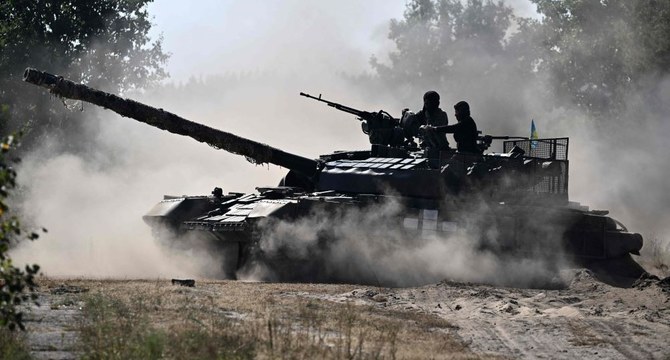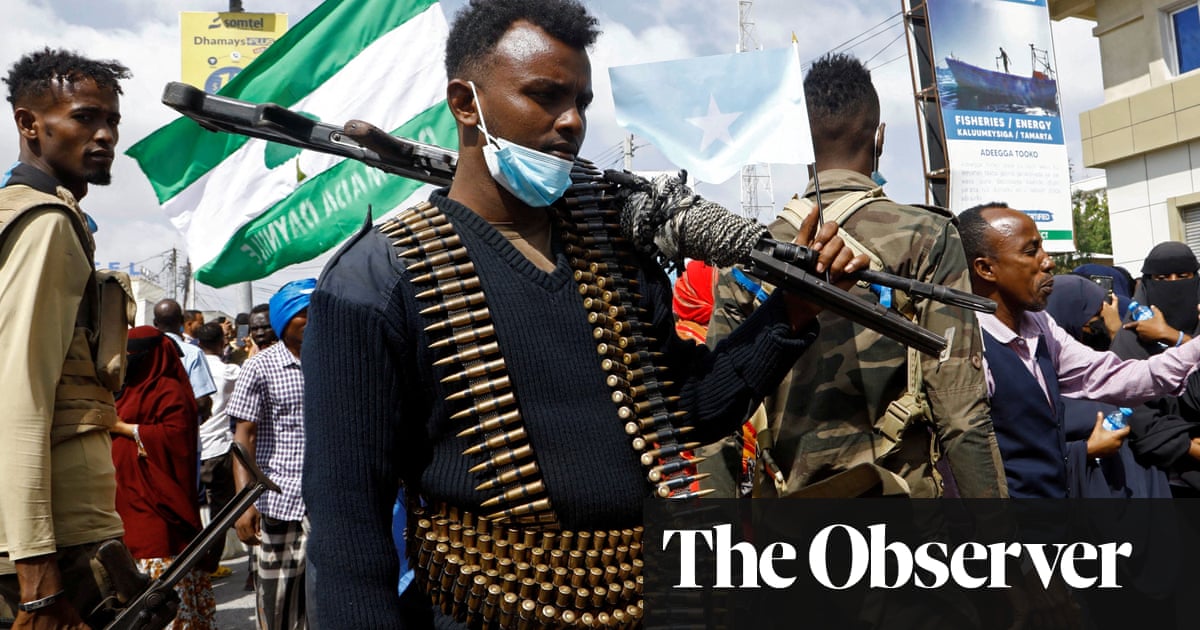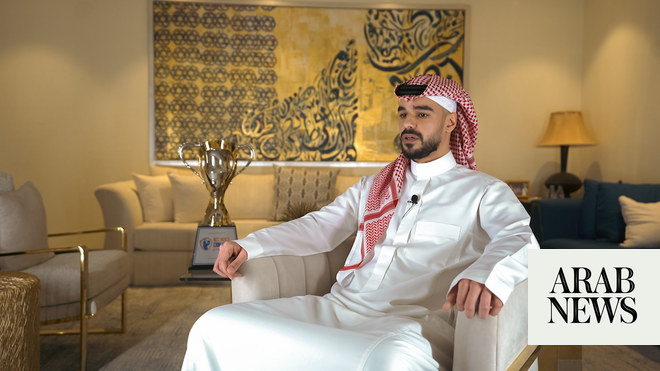
If you follow the news these days, you might feel like you are watching a fictional action movie because of all the recurrent disasters and calamities. Recently, several countries have got engulfed in chaos, wars and internal and external conflicts. This is not pure coincidence, as the situation is getting worse with no restrictions whatsoever.
Conflicts and tensions are the new norm worldwide; no continent is spared. They are raging in the heart of Europe, notably through the Russian-Ukrainian war and the protests in French streets. In Asia, several countries, such as Syria, Lebanon, Iraq, Iran, Palestine and Israel, are witnessing internal conflicts and instability, while other countries, including Armenia, Azerbaijan, North Korea, South Korea, China and Taiwan, are on the brink of war. Not to mention the civil wars in Sudan and other African countries; even the US, the most powerful country in the world, is threatened by insecurity.
These countries represent the peak of the global conflict that risks spreading to other countries and regions as part of the struggle for control and international influence. The war between Russia and Ukraine is almost a global war by proxy between two camps. All kinds of weapons have been used so far, except for biological and nuclear weapons.
In the two world wars, conflicts between different camps led to the emergence of influential powers that created a new reality based on suppressing others and controlling weak countries at all levels. We are now witnessing a new era of international conflict, almost similar to the conditions that led to the world wars and with comparable goals, even though the means differ.
Ongoing conflicts use innovative methods that conceal their true intentions through deception. The weapons used are not only military, but they also include instigating conflicts and hotspots of ethnic, sectarian, tribal, ideological and civil tensions. Economic weapons lead to the impoverishment and starvation of populations, driving them to emigrate, which can pave the way to the implementation of dubious schemes that are made possible through the chaos of creative immigration.
These wars have dire consequences all over the world, especially in the European countries whose logistic, military and economic resources are being depleted, which leads to their weakening and highly endangers their existence and the lives of their citizens. Wars also take a heavy toll on the global economy and can create food crises that affect everyone on the planet.
In light of the Russian-Ukrainian conflict and the confrontation in Africa, it can be easily concluded that there is a connection between the wars led by major powers. Conflicts are spreading throughout the continents and states are competing for control. Roles change as new powers emerge while others are eclipsed. Meanwhile, the populations of those African countries are intentionally driven toward Europe in a massive wave of legal and illegal immigration.
In my opinion, the flow of hundreds of thousands of refugees fleeing from wars is an imminent threat. For example, systemized immigration from unstable countries to Europe made the Old Continent reel under the burden of refugees, whose presence there wreaked havoc. Individual states are unable to expel them out of fear of the reaction of human rights organizations and other international bodies.
Chaos is being nurtured to achieve mischievous aims. This is the case in Libya, Syria, Iraq, Yemen, Israel and Iran, where instability reigns. As for Lebanon, which suffers from insecurity and economic instability, the Syrian refugee flow has gotten out of control, posing an unprecedented existential threat to the country. Major powers also have their share of chaos and instability; the protests in France can attest to that.
In the face of such chaos worldwide and old and new conflicts, I, as a Gulf Cooperation Council citizen, cannot but sound the alarm to warn of chaos and conflicts spreading to our countries. What are we planning to do? Will we sit idly by without taking any preventive or defensive measures?
Complacency is not an option. We should be careful and on alert to protect our land and existence. At some point, wars risk spilling over due to conflict between states vying for global power. This would lead to a new world war.
Amid all these conflicts, the GCC countries might face security, military, humanitarian and even economic challenges. Are we ready to deal with these risks if they occur, God forbid?
Prevention is the best treatment. I do not want to spread fear; I just urge you to take the necessary steps to limit the damage and consequences of any disaster that might take place in the world. We should rely on ourselves to face all challenges without waiting for help, either from the East or the West. God helps those who help themselves. In addition, these countries are vulnerable and they will only care about saving themselves.
We are now witnessing a new era of international conflict, almost similar to the conditions that led to the world wars.
Khalaf Ahmad Al-Habtoor
In this article, I wanted to shed light on the worrying developments looming over our region that could sweep us away in a vicious circle of conflicts and confrontations, engulfing countries and continents and paving the way for a new era of conflicts and power-sharing.
Therefore, I call upon the GCC countries to establish a consolidated crisis unit to closely monitor the developments and put plans in place to defend our existence, security and stability. I fear conflict and chaos will reach the Arab Gulf, which would face the greatest risk of random and illegal immigration.
Over the years, I warned in my articles — which were later published in my book “Is Anybody Listening?” — of things that actually went on to happen. Today, I am trying to anticipate the events in all transparency and realism. Let us work to protect ourselves and our societies by providing them with all means of defense and prevention, so that they can be ready for any emergency and to undercut all parties trying to implement agendas that are harmful to our Arab region. We will not tolerate any infringement on our lands.
Khalaf Ahmad Al-Habtoor is a prominent UAE businessman and public figure. He is renowned for his views on international political affairs, his philanthropic activity, and his efforts to promote peace. He has long acted as an unofficial ambassador for his country abroad.












